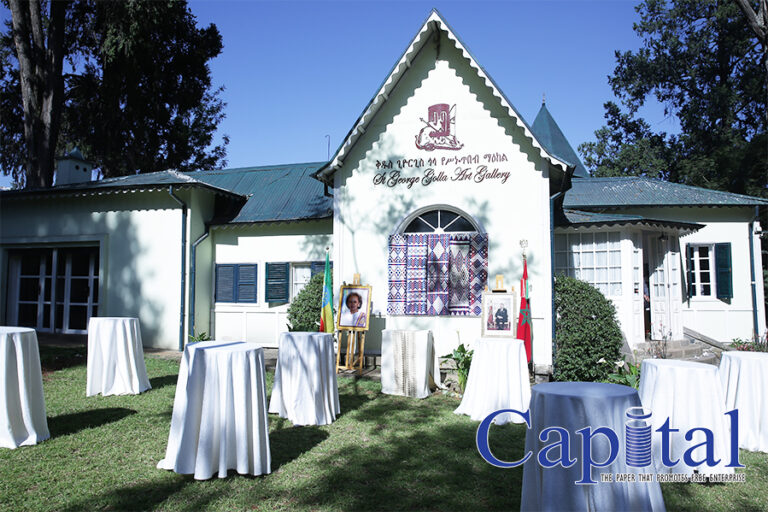A new report from tobacco industry watchdog STOP reveals that the tobacco industry embraced the COVID-19 pandemic as an opportunity to gain influence, meddle in life-saving health policies and secure preferential treatment. Reports from civil society organizations in 80 countries, analyzed in the Global Tobacco Industry Interference Index 2021, show that no country was immune to the industry’s efforts to use lobbying and donations, often connected to pandemic response, to its advantage.
“The tobacco industry’s behavior during COVID-19 wasn’t just business as usual—this research suggests it’s been far worse in terms of scale and impact,” said Mary Assunta, PhD, Head of Global Research and Advocacy for the Global Center for Good Governance in Tobacco Control, a partner in STOP and lead author of the Index. “In the middle of a pandemic, health should be the primary consideration in all policy decisions, but it was often sidelined in favor of the industry’s commercial interests. Where policy isn’t well protected, more lives will be lost to tobacco and post-COVID economic recovery may be impacted, with higher health costs and potentially less tax revenue to fund recovery.”
The Tobacco Industry Used the COVID-19 pandemic to build influence with governments in 80 Countries
AFR100 Issues COP27 Challenge to Mobilize $2 Billion for Africa’s Locally Led Land Restoration Movement
By COP27, which will be held on African soil, funders must invest $2 billion in AFR100, the continent’s locally led campaign to restore vitality to 100 million hectares of degraded and deforested land. Jeanne d’Arc Mujawamariya, Minister of Environment of the Republic of Rwanda; Nancy Tembo, Minister of Forestry and Natural Resources of the Republic of Malawi; and Mohammad Abubakar, Minister of Agriculture and Rural Development of the Federal Republic of Nigeria issued that challenge today at COP26.
The African Development Bank, Government of Germany, Global Environment Facility, Bezos Earth Fund, the Global EverGreening Alliance, and Green Climate Fund responded, announcing their plan to significantly invest in land restoration by 2026 and have called on their peers to join them in mobilizing that $2 billion in investable capital by COP27 in November 2022.
Great Green Wall will turn the Sahel green
African Development Bank President Dr Akinwumi A. Adesina has highlighted the importance of stopping desertification in Africa’s Sahel and turning the region green.
Adesina spoke at a high-level side event, on the Great Green Wall initiative during the ongoing UN global climate conference, COP26, in Glasgow, Scotland. The event was co-hosted by His Royal Highness Prince of Wales, French President Emmanuel Macron and Mauritanian President Ould Ghazaouni.
The African Development Bank is a major partner in this bold project, which involves building an 8,000 km long and 15 km wide swathe of trees, grasslands, vegetation and plants across the Sahel. It will restore degraded land and help inhabitants of the Sahel produce food, create jobs and promote peace. Yesterday’s gathering focused on marshalling efforts to scale up implementation of the project as a critical nature-based solution to climate change in Africa.
A group art exhibition
A group art exhibition depicting works of Ethiopia and Moroccan artists is being showcased at the St George Golla Art Gallery. The art gallery that was open for the public from November 1 will be open until November 11.
The event is organized by the Embassy of Morocco in Ethiopia to boost the cultural relations of the two countries.
The event was also opened in the presence of a large foreign community by Ambassador Nezha Alaoui M’hamdi, Ambassador of Morocco to Ethiopia.





